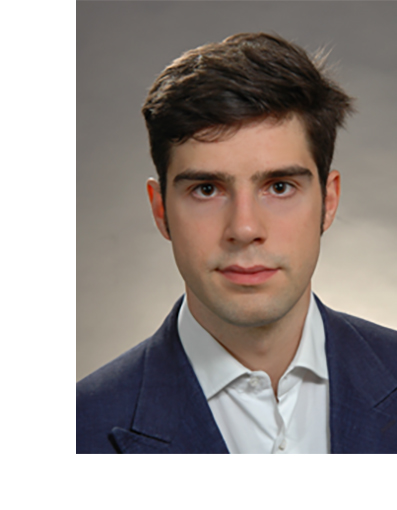Dr. Mattia Cenedese
 I am a postdoctoral fellow in the Institute for Mechanical Systems in the Department of Mechanical and Process Engineering at ETH Zurich under the mentorship of George Haller.
I am a postdoctoral fellow in the Institute for Mechanical Systems in the Department of Mechanical and Process Engineering at ETH Zurich under the mentorship of George Haller.
I completed my B.Sc. in Mechanical Engineering at Politecnico di Milano and I obtained M.Sc. in Mechanical Engineering from Politecnico di Milano and Politecnico di Torino, where I was also part of Alta Scuola Politecnica. I attained the doctorate in 2021 from ETH Zurich at the Department of Mechanical and Process Engineering under the supervision of George Haller and co-supervision of Melih Eriten, with a thesis entitled "A Geometric Approach to Nonlinear Mechanical Vibrations: from Analytic to Data-driven Methods".
Current Research
Data-driven modeling and prediction of nonlinear dynamical systems
Reduced-order modeling is among the leading theoretical and computational challenges for nonlinear systems in mechanics, ranging from structures and fluid flows to their interaction and other multi-physics problems. In this project, the goal is to establish methods for the data-driven modeling and predictions of essentially nonlinear systems. Specifically, our models should be able to recover nonlinear footprint—frequency responses, bifurcations, nonlinear interactions, state transitions, non-trivial attractors, turbulence—from potentially high-dimensional data of complex dynamical systems, either from numerical simulation or experimental measurements. This is possible via exact reduction to key state space structures, also called spectral submanifolds or general invariant manifolds, that serve as backbone for transient and forced dynamics.
Prediction of forced responses in nonlinear mechanical systems
Frequency responses of forced-damped multi-degree-of-freedom mechanical systems with weak forcing and damping can be studied with appropriate perturbation approaches. In this project, the goal is to develop exact mathematical tools (e.g., Melnikov functions) that are able to predict the existence and the stability of forced responses from a well-defined unperturbed system configuration, as, for example, the conservative, energy-preserving limit, which is characterized by conservative nonlinear normal modes. The outcome of this research is expected to help numerical simulations and also to gain understanding for devising improved experimental testing for nonlinear structural systems.
CV
Publications
GitHub
Website